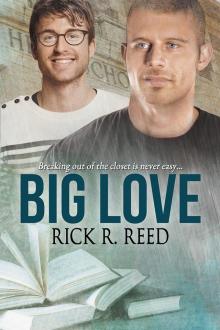 Big Love
Big Love Blue Umbrella Sky
Blue Umbrella Sky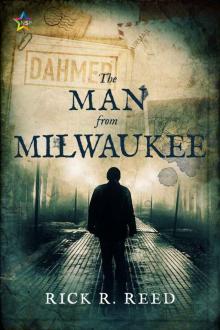 The Man From Milwaukee
The Man From Milwaukee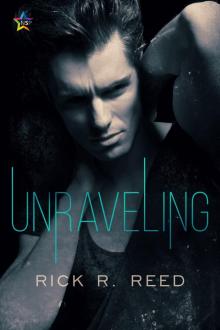 Unraveling
Unraveling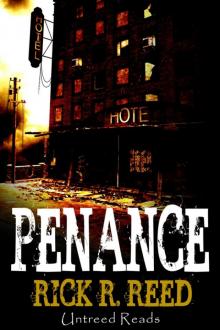 Penance
Penance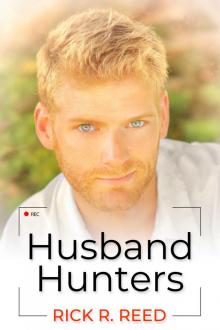 Husband Hunters
Husband Hunters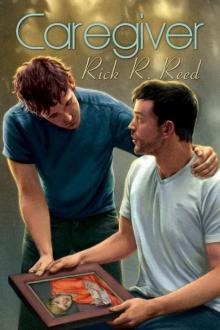 Caregiver
Caregiver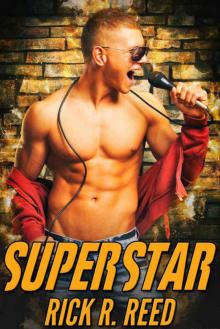 Superstar
Superstar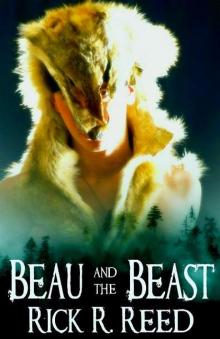 Beau and the Beast
Beau and the Beast Obsessed
Obsessed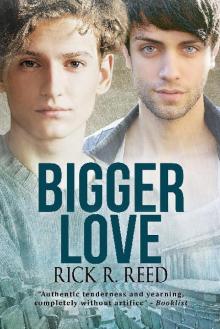 Bigger Love
Bigger Love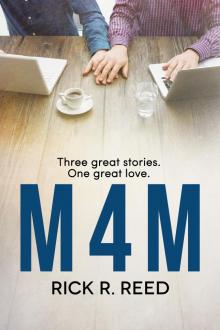 M4M
M4M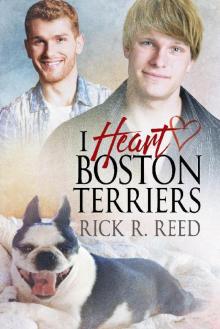 I Heart Boston Terriers
I Heart Boston Terriers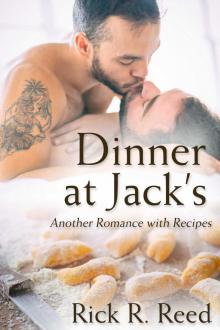 Dinner at Jack's
Dinner at Jack's A Dangerous Game
A Dangerous Game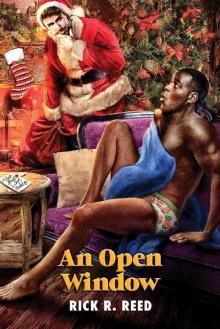 An Open Window
An Open Window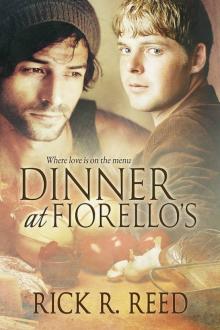 Dinner at Fiorello’s
Dinner at Fiorello’s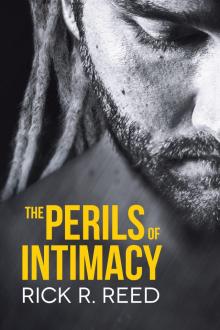 The Perils of Intimacy
The Perils of Intimacy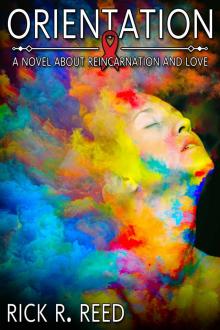 Orientation
Orientation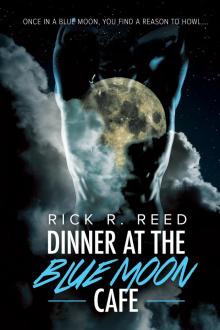 Dinner at the Blue Moon Cafe
Dinner at the Blue Moon Cafe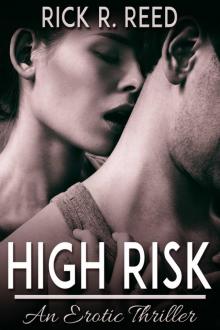 High Risk
High Risk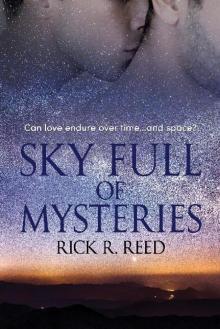 Sky Full of Mysteries
Sky Full of Mysteries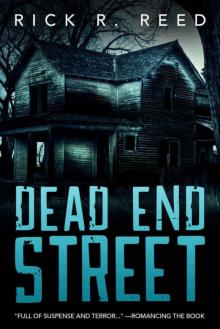 Dead End Street
Dead End Street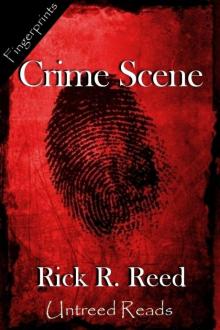 Crime Scene
Crime Scene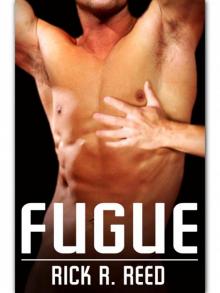 Fugue
Fugue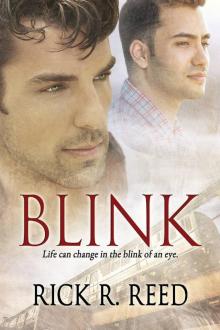 Blink
Blink Lost and Found
Lost and Found